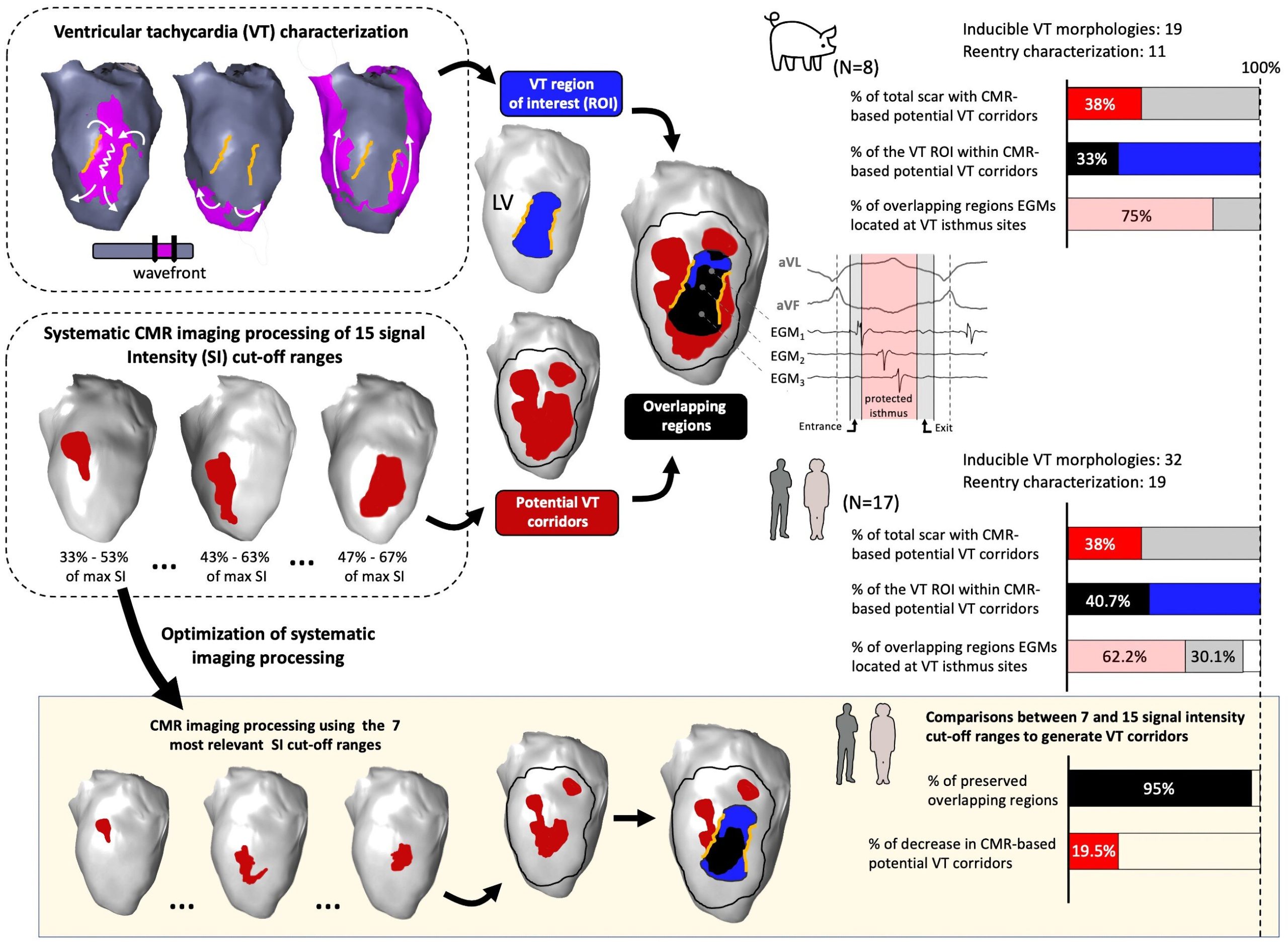If Medicare Part D narrowly defines cardiovascular disease, majority of patients would remain ineligible while new federal spending could still exceed $10 billion.
Current federal regulation restricts Medicare from covering drugs prescribed solely for weight loss. However, in March 2024, Medicare announced it would extend coverage to semaglutide (Wegovy), a popular glucagon-like peptide-1 receptor agonist (GLP-1RA), for patients with elevated body mass index (BMI) who also had established cardiovascular disease (CVD). This means that the definition of “established CVD,” which has not been formally codified, will have outsized impacts on both public health and Medicare costs. A new study led by investigators from Brigham and Women’s Hospital, a founding member of the Mass General Brigham healthcare system, estimates that 3.6 million Medicare beneficiaries are most likely to become eligible for semaglutide. The study also estimates eligibility and associated maximum costs if different definitions of cardiovascular risk were to be considered. Findings are published in Annals of Internal Medicine.
The research team analyzed data from respondents over 65 or who were on Medicare and who took part in the National Health and Nutrition Examination Survey (NHANES) between 2011 and 2020. They found that if all patients with elevated BMI and history of heart attack, stroke, coronary artery disease, or angina were treated with semaglutide, maximum annual costs to Medicare could be as high as $34.3 billion after rebates.
“When established cardiovascular disease is narrowly defined, only 1 in 7 Medicare beneficiaries with elevated BMI are likely to be eligible to receive semaglutide, but costs to Medicare could still exceed $10 billion per year,” said lead author Alexander Chaitoff, MD, MPH, of the Center for Healthcare Delivery Sciences in the Division of Pharmacoepidemiology at BWH. “In this conservative coverage scenario, that means most beneficiaries with elevated BMI and cardiovascular risk would remain ineligible for semaglutide, yet the medication could still potentially become one of the costliest drugs to Medicare.”


